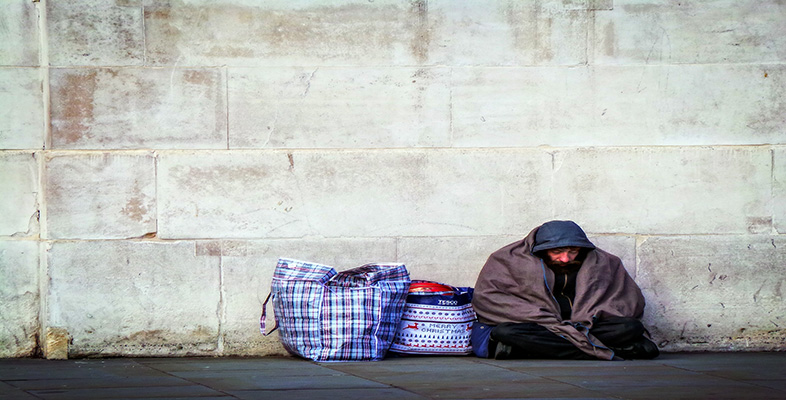3.4 Poverty as the effect of economic or political causes
The third and final cluster of ideas about poverty are those which imply causes that lie in the external world of the economy and politics. For example, an increase in the number of people working in low-paid jobs produces lower incomes and more people living in relative poverty, or changes in government policy on welfare benefits might reduce incomes or trap people in poverty because they lose benefits when they earn income. These definitions locate poverty as an effect of causes beyond individuals or families – what we might call ‘structural’ or ‘social’ causes because they are located in social structures or arrangements that are outside the individual's control. Here is one such argument:
The poverty of low wages and poor working conditions is often still a hidden factor in the poverty debate. Recent government policies have specifically weakened employment rights … Alongside the deregulation of employment law, new patterns of employment have changed the profile of the workforce. There has been a marked increase in self-employment and in part-time and low-paid work and a small increase in temporary work. Women are more likely to be in both part-time and temporary work. Many of these jobs are low paid with few employment and social security rights which not only creates poverty, but also stores it up for the future.
(Oppenheim, 1993, p. 59)
Although this says things about the people living in poverty (for example, that women are likely to be affected by low-paid and poorly protected employment), it does not treat poverty as being the result of the intrinsic characteristics of such groups but rather as the consequence of economic and political arrangements.

